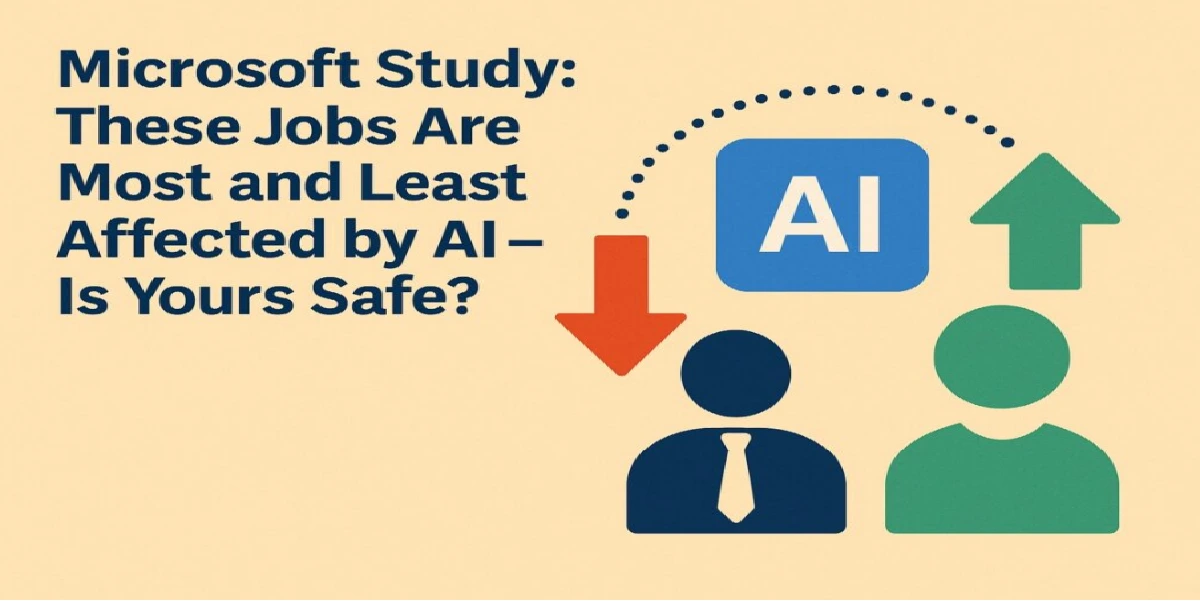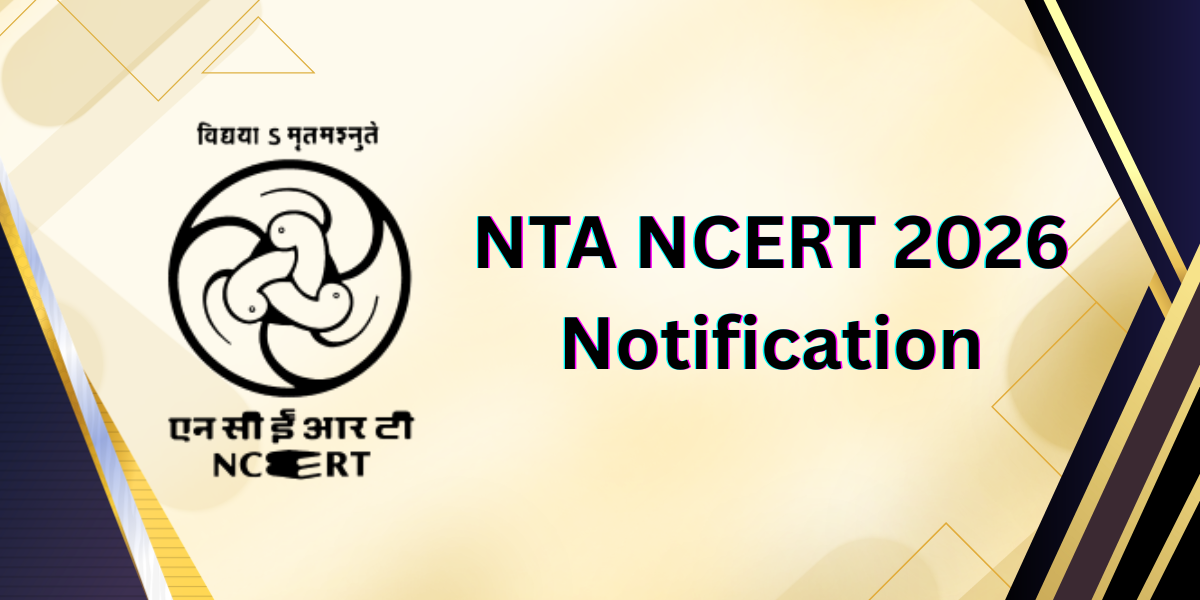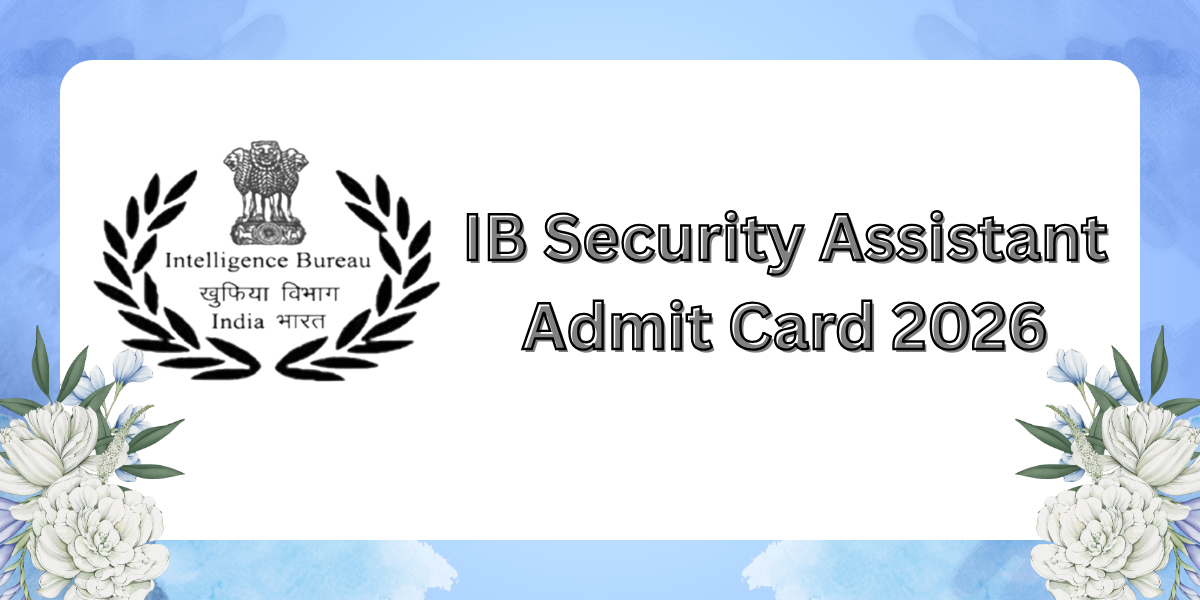Microsoft Research recently published an eye‑opening analysis using data from over 200,000 anonymized interactions with its Bing Copilot chatbot in 2024. The goal? To assess how generative AI overlaps with real‑world job tasks and which careers are most susceptible to disruption
Study Methodology
Researchers mapped user requests to Copilot and the AI’s responses, then matched those to occupational task data. They created an “AI applicability score” to quantify how much AI assists ongoing job duties—but not necessarily eliminate them
Top Jobs Most at Risk of AI Disruption
Interpreters & Translators, Historians & Writers

These roles ranked highest in AI applicability thanks to reliance on language tasks. Tools like Copilot excel at translation, summarization, editing, and content generation, making them especially vulnerable
Customer Service Representatives & Sales Professionals
Jobs involving routine communication, ticketing, and answering customer queries are already being partially handled by AI systems. This includes travel clerks, telesales, and broadcast announcers
Data Scientists & Technical Writers
Surprising to many, the study flags data scientists among vulnerable roles: tasks like data summarization and visualization are increasingly automated by advanced AI tools
Jobs Least Impacted by AI
Roles demanding physical presence, complex manual labor, or non‑routine human interaction showed minimal intersection with generative AI capabilities. Examples include:
Nursing assistants, phlebotomists, hazardous material removal workers
Dredge operators, roofers, floor sanders, ship engineers, embalmers
These occupations rely on hands‑on tasks that AI cannot perform.
Emerging Concern: Data Scientists in the Crosshairs
Recent coverage highlights that data scientists—once considered safe—are now high on the impact list. AI tools can replicate many analytical tasks, contributing to a shift in perceived job stability
Big Tech Layoffs & the AI Transition
Microsoft has cut approximately 9,000 jobs amid a major investment in AI infrastructure. Across Big Tech, over 100,000 roles have been eliminated in 2025 as companies streamline around AI-driven workflows
Implications for Job Seekers
With manual degrees offering less insulation against automation, employers are increasingly focusing on AI‑capable skills over formal qualifications. Skill‑based hiring has surged, rewarding specialized AI abilities even over degrees
AI-related roles also tend to come with better non-monetary perks—remote work, health benefits, tuition assistance—making them highly desirable
What AI Can—and Can’t—Replace
Microsoft emphasizes that AI supports many tasks but doesn’t fully perform complete jobs. As Kiran Tomlinson noted, AI’s impact is limited to task-level overlap—not full job takeover. And CEO Satya Nadella reinforced that the AI wave demands businesses continually “unlearn and learn” to stay relevant
Advice for Workers & Students
Upskill with AI‑augmenting competencies—prompt engineering, digital literacy, domain expertise.
Pivot toward roles requiring empathy, creativity, strategic thinking.
Embrace lifelong learning—adaptability is your strongest defense.
Conclusion
The Microsoft study paints a clear and urgent picture: language-intensive and analytical roles face accelerating automation risk, while manual and human-intensive jobs remain relatively safe. Data scientists are now part of the disruption narrative. Preparation through re-skilling, adaptability, and embracing AI-smart tools will help you stay competitive in this evolving job landscape.
Read also: WBJEE Results Announcement 2025






